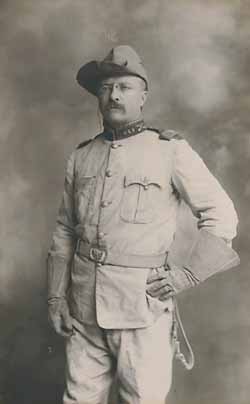By Jeremy Dibbell
 One of the MHS’ most recent acquisitions arrived late last week: it’s an 18 October 1800 letter from Abigail Adams in Quincy to her friend Dr. Benjamin Rush in Philadelphia, responding to political attacks made against John Adams during the presidential election campaign (the first contested presidential race in American history).
One of the MHS’ most recent acquisitions arrived late last week: it’s an 18 October 1800 letter from Abigail Adams in Quincy to her friend Dr. Benjamin Rush in Philadelphia, responding to political attacks made against John Adams during the presidential election campaign (the first contested presidential race in American history).
The MHS submitted the winning bid for this letter at the 14 April Sotheby’s auction of documents from the James S. Copley Library. Acquisition of the letter was made possible thanks to a gift from an anonymous donor.
Adams Papers Editor-in-Chief Jim Taylor said of the purchase: “The Adams Papers editors at the MHS have been aware of the Abigail Adams letter to Dr. Benjamin Rush for more than fifty years and are thrilled to have it as part of our collection. The document was offered at auction as early as 1943, when the suggested price was a mere $45. It is an excellent example of the first lady’s interest in and knowledge of early national politics. The MHS owns Abigail’s draft of the letter. The document recently obtained by the MHS is the final version that she sent, and is significantly different than the draft. This letter, when compared to the draft, demonstrates the great care that she took in expressing her ideas.”
In the letter, Mrs. Adams takes great exception to the tenor of the campaign against her husband: “If there can be any measures calculated to excite a wish in the breasts of our Countrymen for a permanent executive Majestrate, it must arise from the corruption of morals introduced by frequent Elections, from the indecent calumny which sports with the purest Characters; and strives to level them with the meanest; which filches from the most meritorious, that which is dearer than life their good name—that previous ointment which they have stored up to embalm their memory. the prostration of truth and justice has been the cause in all ages, of producing tyranny, more than ambition, and our Country, will in some future day, smart under the same Lash.”
We’re very happy to welcome this letter to our collections!


 Our
Our